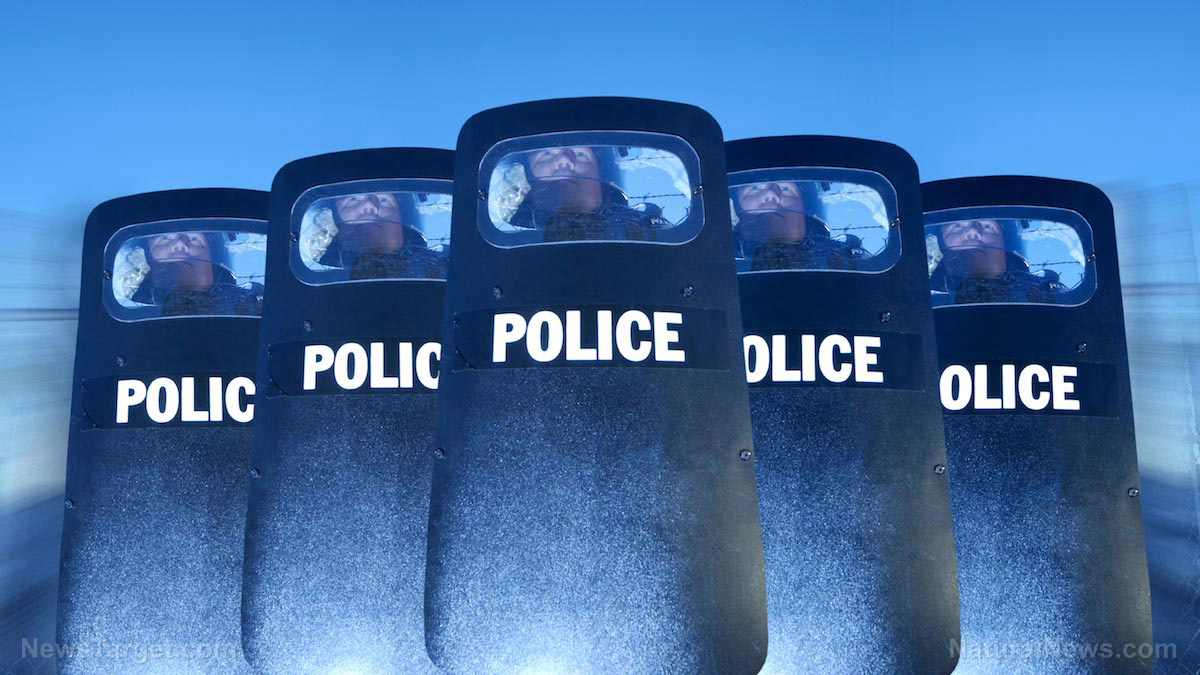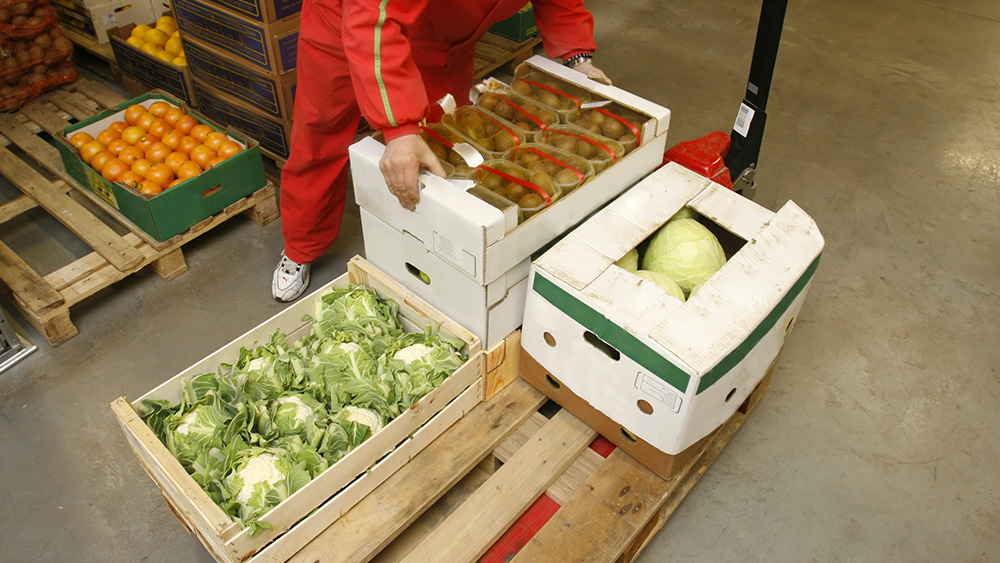Texas fires are destroying cattle ranches – will the U.S. beef industry survive?
03/07/2024 / By Ethan Huff

In what the Wall Street Apes (@WallStreetApes) X account is describing as a total wipeout of the American beef industry, the Texas fires have reportedly annihilated a disturbing number of cattle ranches, feedlots and grasslands in the Lone Star State.
The devastation is enormous, including at least 120 miles of power lines gone, meaning no more operational electric grid in those areas, as well as huge losses of prairie and grass for cattle to graze – that is, for the cattle that survived the fiery inferno.
“Many cattle’s hooves have been burned and many more will need to be put down,” it was reported. “What an amazing ‘coincidence’ this happened to the beef industry.”
Texas agricultural commissioner Sid Miller confirmed the devastation, which the man in the video below explains marks the largest fire in Texas state history.
“We knew this about three days ago when it hit over a million acres,” he states. “They’re now at a million and a half acres.”
UPDATE On Damage Caused By The Texas Fires
– Cattle feed & Feed Lots burned
– No water the ranchers use for their cattle
– No grass, prairie land for the cattle to graze is gone
– 120 Miles of power lines down/ no gridSeems The Entire Beef Cattle Industry Just Got Wiped Out… pic.twitter.com/a5nfuBVcdj
— Wall Street Apes (@WallStreetApes) March 5, 2024
(Related: You know what else just partially burned to the ground? The San Vicente migrant camp in Darien Gap.)
Texas fire largest in American history
As we reported back in 2022, U.S. food infrastructure has been under attack for some time now. Food factories all across the nation have burned to the ground under mysterious circumstances, and now we have this apparent attack on the U.S. beef industry.
Though Texas is not America’s exclusive provider of beef, the cattle and land that was lost in this massive fire will probably have a noticeable impact on the conventional beef supply.
“The largest fire we’ve ever had in Texas is the largest fire we’ve ever had in the United States,” the man in the above video explains. “It’s almost at 2,000 square miles, one million and a half acres, with preliminary reports stating 3,000 heads of cattle.”
“That number will triple or quadruple before it’s over, especially when we start euthanizing the cattle that have, uh, had their hooves burnt or their udders burnt. We’re going to have to, you know, put a lot of these animals down.”
In addition to the cattle losses, some 500 homes and barns were reported as destroyed along with two fatalities and five firefighter injuries. Keep in mind that these numbers will likely increase in the coming days.
Since most of the water in the fire-affected areas come from wells, the damage is also apparent in terms of loss of stock water.
“Not only is this livestock out of grass, but there’s also no water,” it was explained. “So it is a very desperate situation.”
As all of this is happening, mind you, New York Attorney General Letitia James is suing the largest manufacturer of beef due to what she believes is the damaging effect of meat on “climate change.”
“They want to control our food,” tweeted an X account about both the Texas fires and James’ crusade against beef. “Once they do, famine is very much within play.”
Another wrote that there is plenty of money to keep sending to Ukraine, but none to support Texas – and Americans are okay with this?
“I’ll bet the military contractors (i.e., Raytheon) don’t make much money on natural disasters.”
What do you think? Is the U.S. food supply under attack? Learn more at Collapse.news.
Sources for this article include:
Submit a correction >>
Tagged Under:
agriculture, beef, cattle, chaos, collapse, disaster, famine, fires, food collapse, food scarcity, food supply, hunger, meat supply, panic, rationing, SHTF, starvation, supply chain, Texas, tragedy
This article may contain statements that reflect the opinion of the author
RECENT NEWS & ARTICLES
FoodScarcity.News is a fact-based public education website published by CORONA2019 News Features, LLC.
All content copyright © 2022 by Food Scarcity News Features, LLC.
Contact Us with Tips or Corrections
All trademarks, registered trademarks and servicemarks mentioned on this site are the property of their respective owners.


















